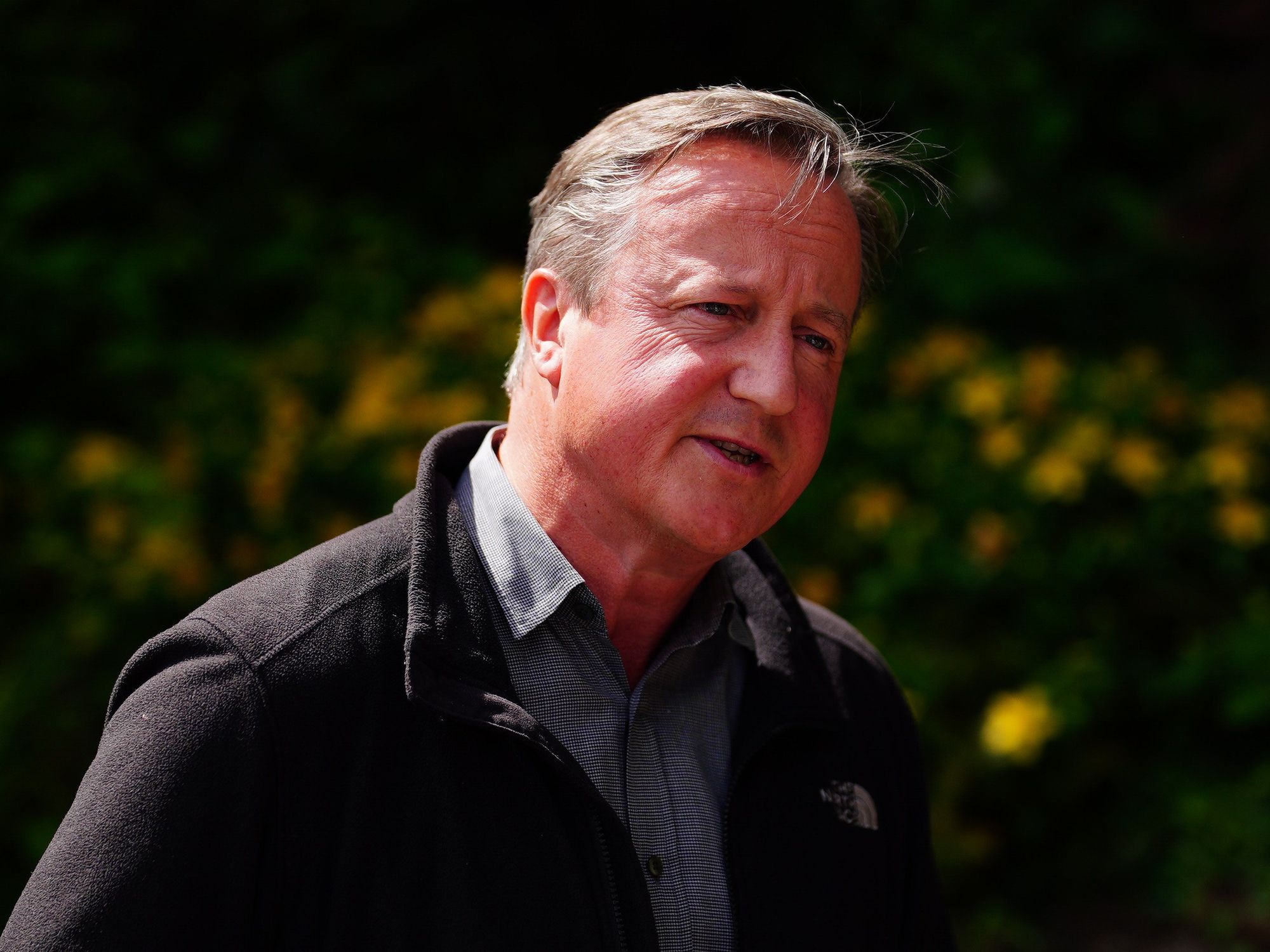New state pension falls £2,643 short of basic standard of living in retirement

The state pension will rise by 8.5 per cent in April under the triple lock
Don't Miss
Most Read
The full state pension falls thousands of pounds short of the basic income needed for a minimum standard of living in retirement, experts have warned.
The alert has been issued following calls for the Government to state what it believes to be an appropriate level for the new state pension relative to average earnings, and then legislate a pathway to meet it with a specific timetable, a proposal which would see the triple lock replaced once it reaches the target.
Alice Guy, head of pensions and savings at interactive investor, has warned that despite the upcoming increase to the state pension, it “still falls far short of the amount needed for a basic retirement income”.
Interactive investor calculations, based on the PLSA retirement living standards found that even after April’s increase to £11,501, the full new state pension will still fall £2,643 short of the £14,144 (before tax) annual amount needed for a basic standard of living in retirement.
WATCH NOW: GB News panellists discuss state pension triple lock
Alice Guy, Head of Pensions and Savings, interactive investor said: “Scrapping the triple lock would lead to millions of pensioners facing a poor old age, as the state pension is currently not enough for even the most basic of retirements.
“Many of today’s pensioners worked during a time of the pension haves and have-nots, when not all workplaces offered a pension.
“As a result, 28 per cent of over 55s have no pension provision apart from the state pension, according to interactive investor research, released earlier this year.
“For pension savers who are still working, it’s important to know that the state pension alone won’t be enough for a comfortable retirement.
“To achieve a comfortable retirement you will need to supplement the state pension by saving into a workplace or private pension.”
The state pension is set to rise by a significant 8.5 per cent from April, under the triple lock, meaning a £900 pay rise for pensioners getting the full new state pension.
It follows a 10.1 per cent increase earlier this year, with the two bumper increases sparking concern about the affordability of the triple lock in the long-term.
The triple lock is a Government commitment, introduced in 2011, to uprate the basic and new state pension each year by the highest of earnings growth, inflation, or 2.5 per cent. It was temporarily suspended in the 2021/22 financial year, following the coronavirus pandemic.
Tom Selby, director of public policy at AJ Bell, said he thought the triple lock was a “classic example” of political decisions being made “based on short-term priorities, rather than with the aim of giving people long-term certainty”.
He said: “This policy, introduced over a decade ago by the coalition government, is both generous and entirely aimless.
“Yet there is every chance we will go into the general election with all major political parties committing to the triple-lock in their respective manifestos.
“While this might be good news for pensioners in the short-term, it will mean the debate over what the state pension should be worth and when it should be paid to people is kicked down the road again.”
Mr Selby said the state pension is supposed to be the bedrock upon which people can build their retirement plans, but “uncertainty over both the value of the state pension and when people can expect to receive the benefit undermines confidence in the system”.
LATEST DEVELOPMENTS:
He added: “The IFS’ suggestion that government sets out what the state pension should be worth in relation to median earnings is a sensible one.
“It would certainly be a much more coherent plan than the triple lock, which randomly ratchets up the value of the state pension depending on earnings growth and inflation at a specific point in time each year.
“Similarly, building greater certainty into future state pension age increases would help give savers confidence that the goalposts won’t be moved.”
Becky O’Connor, Director of Public Affairs at PensionBee, said: “The state pension is an essential part of the nation’s retirement plans. It’s vital it maintains real value over time and that people can continue to depend on it.
"The IFS review sets out a credible discussion around viable alternatives to the current triple lock method of increasing the state pension that could give greater certainty.
“If implemented, the proposals could offer fair and dependable rises in the state pension and remove some of the anxiety around increases to the state pension age. However, there may be some difficulty in agreeing what the target proportion of average earnings should be."
A Department for Work and Pensions (DWP) spokesperson said: “We want to ensure the state pension remains the foundation of income in retirement for future generations in a way that it is sustainable and fair.
“Thanks to our triple lock promise, the full rate of the new state pension will rise to over £11,500 a year, and there are currently 200,000 fewer pensioners in absolute poverty than in 2009/10.
“Our recent state pension age review concluded that a universal state pension age remained the best system, providing simplicity and clarity for people, and we also remain committed to the principle of providing 10 years notice of changes to state pension age, enabling people to plan effectively for retirement.”










